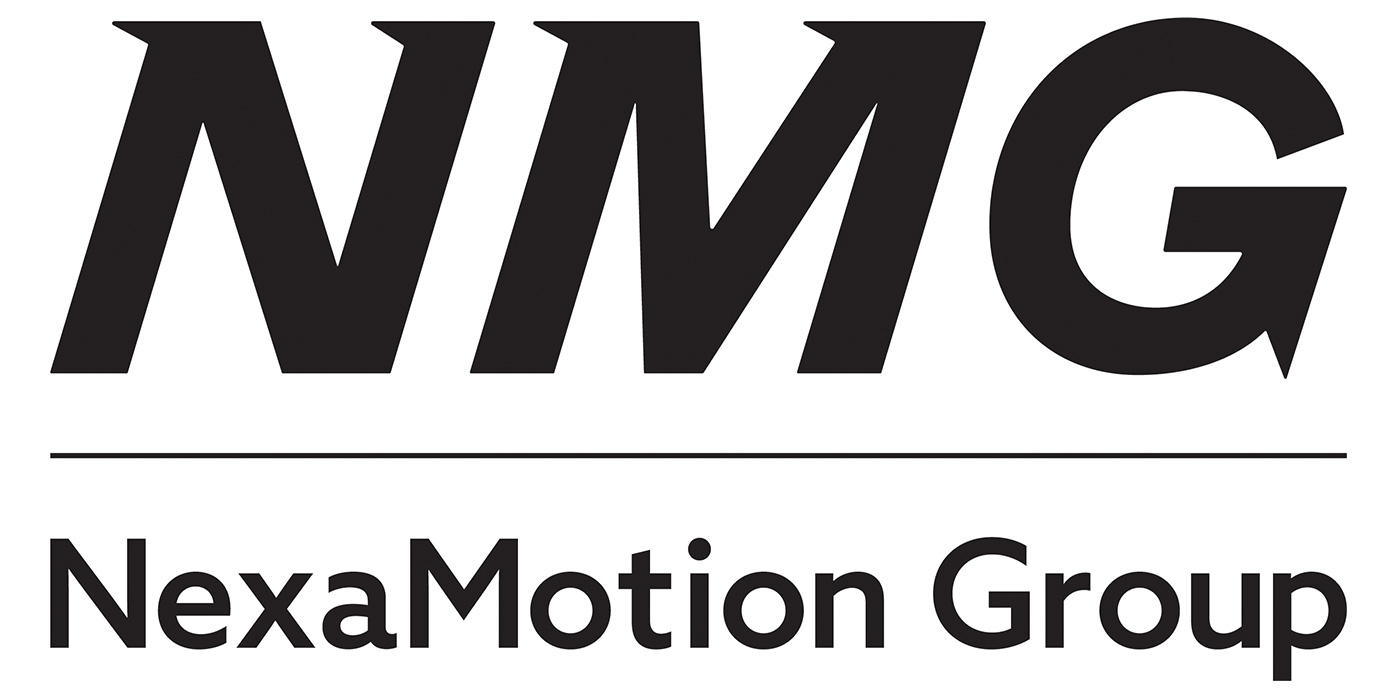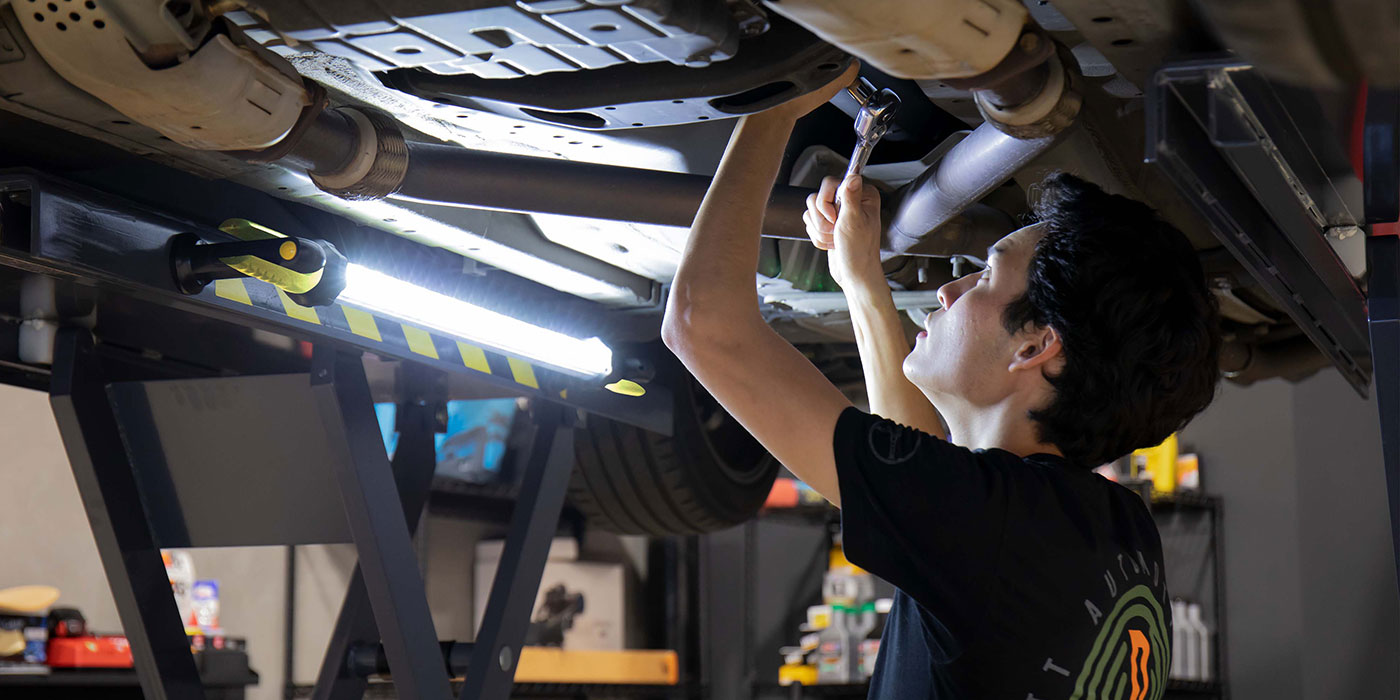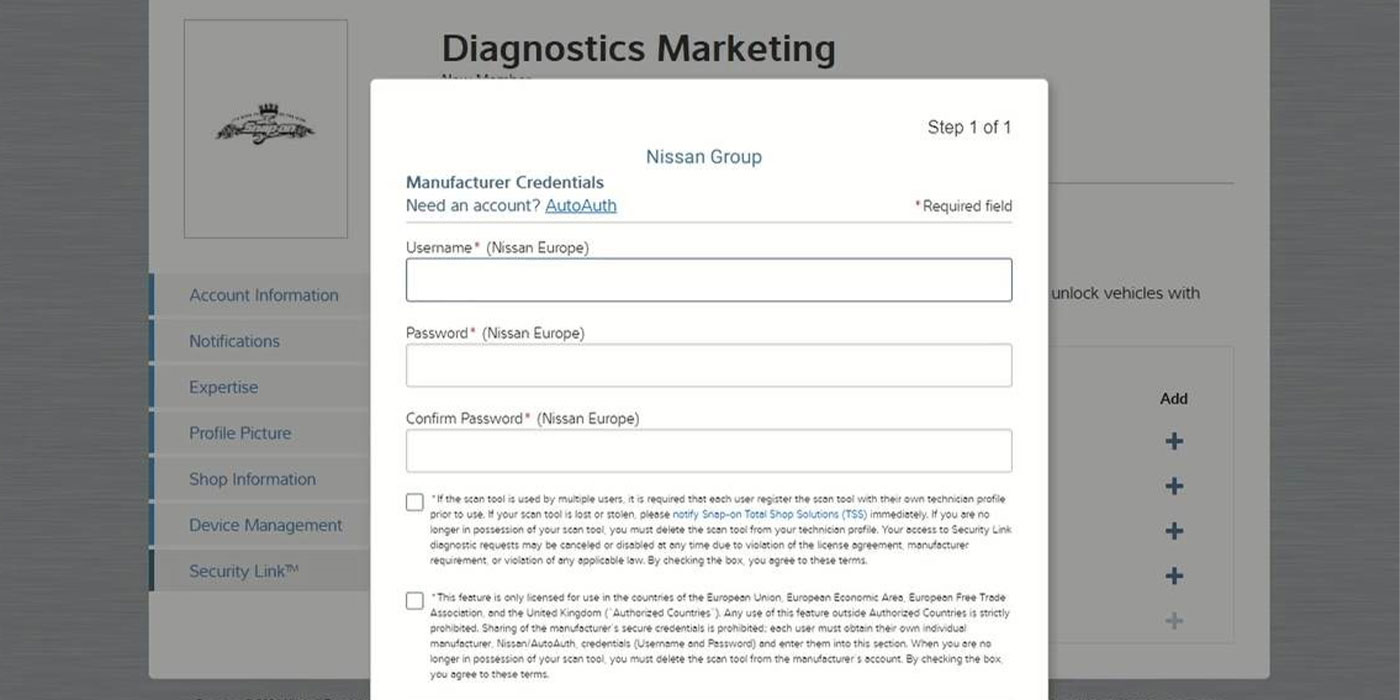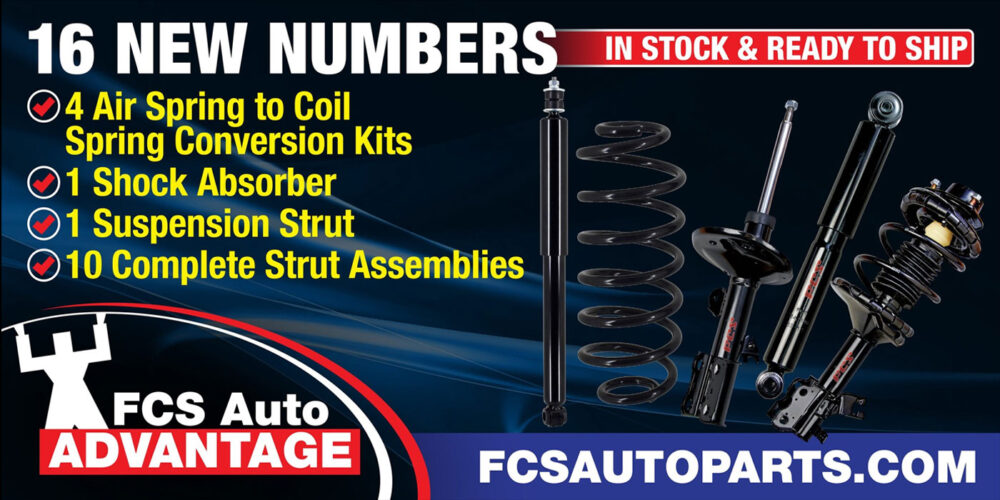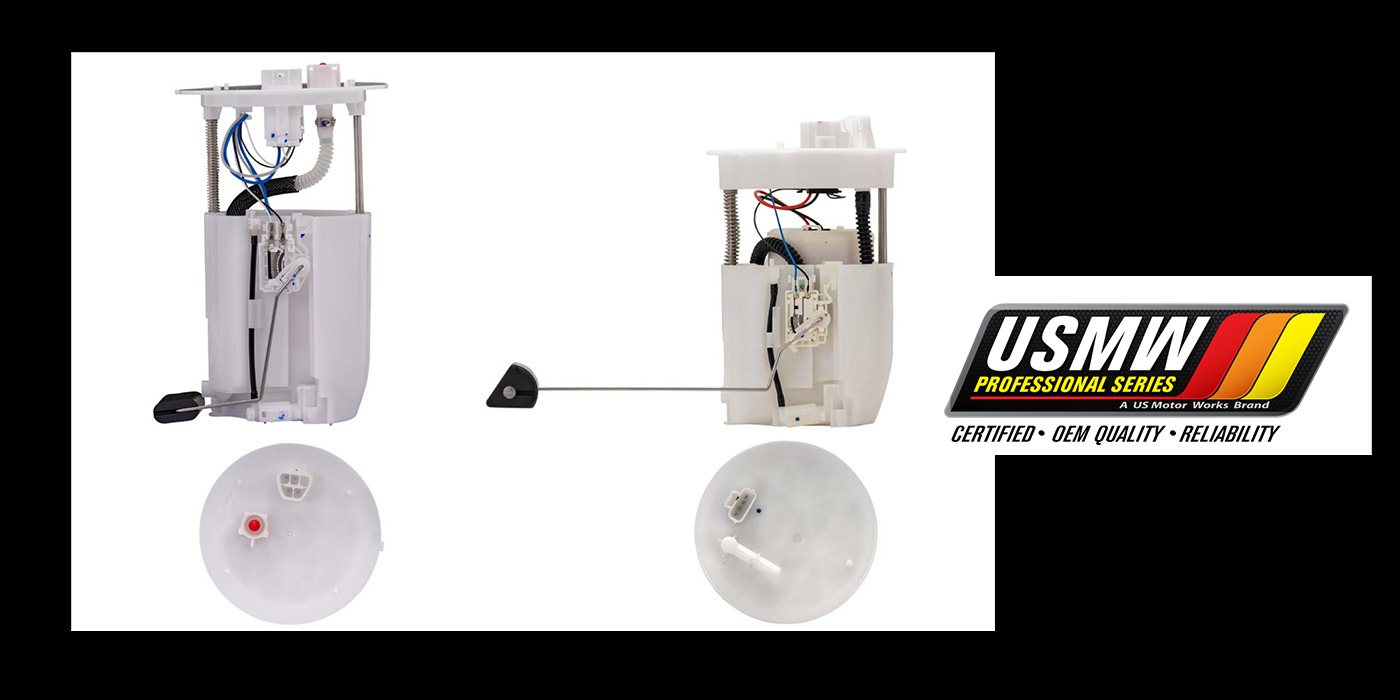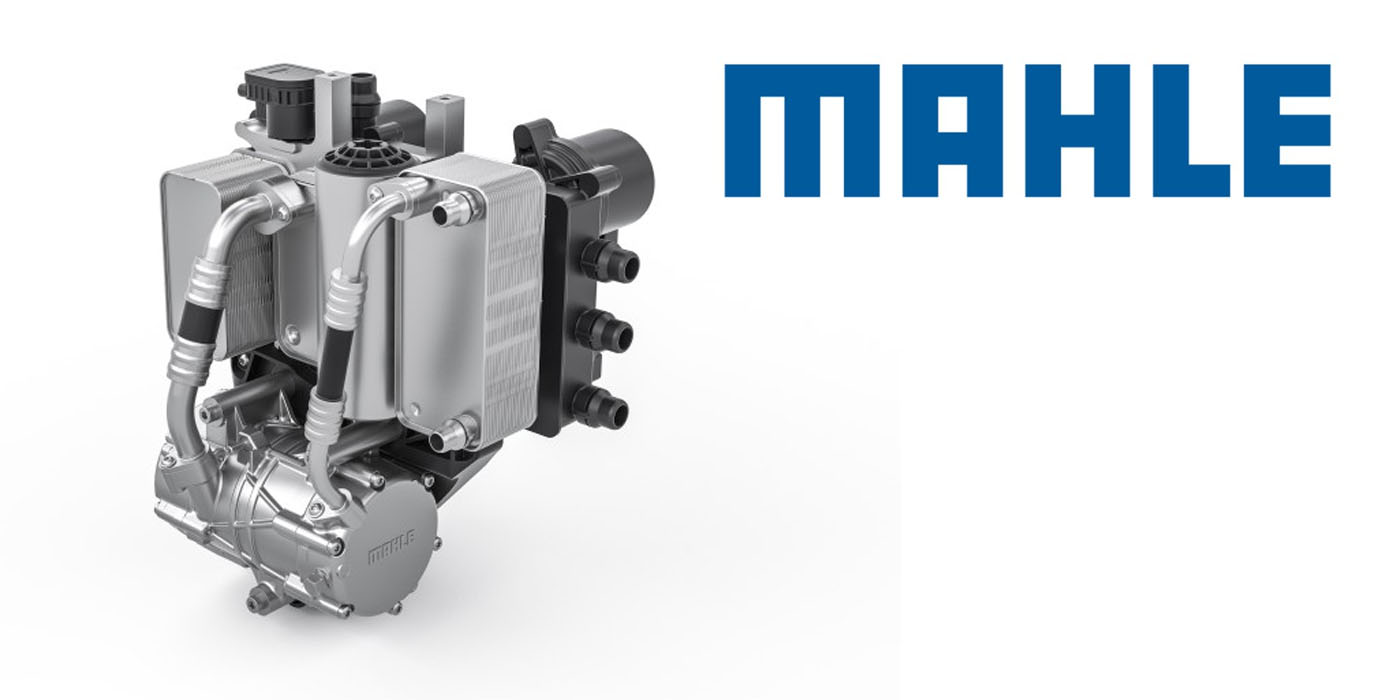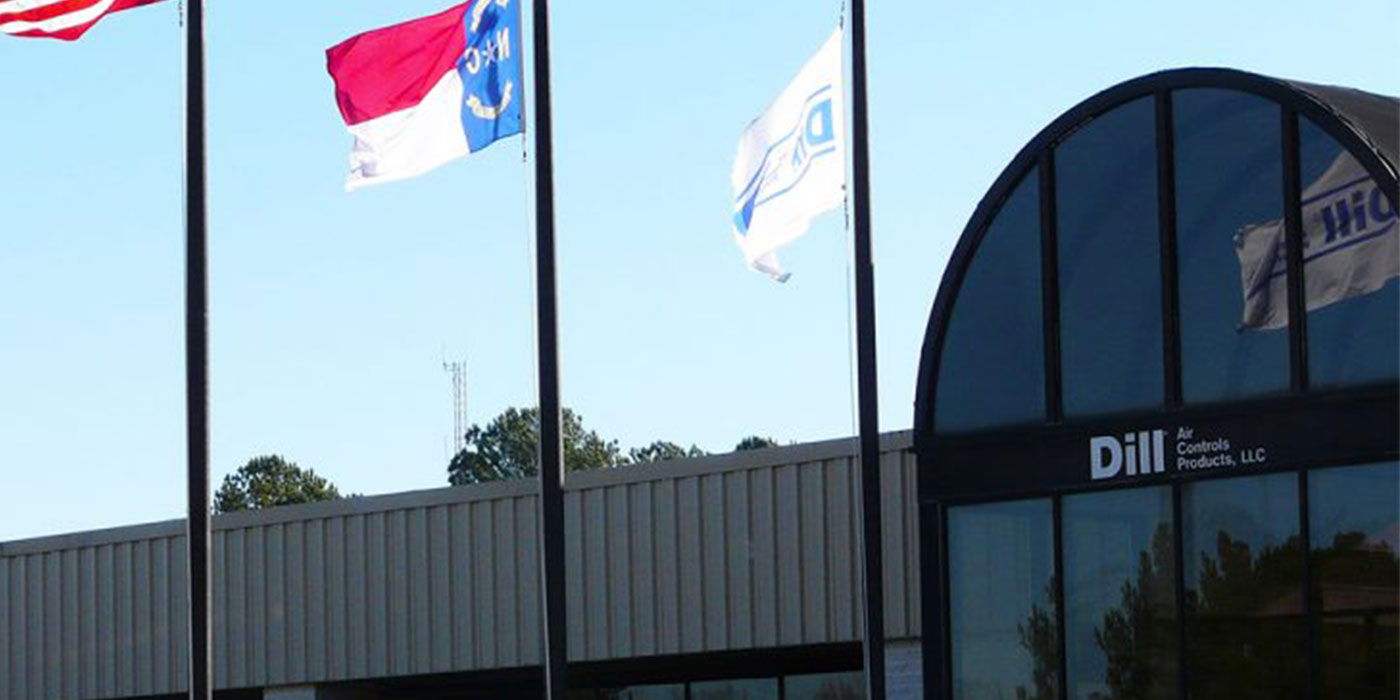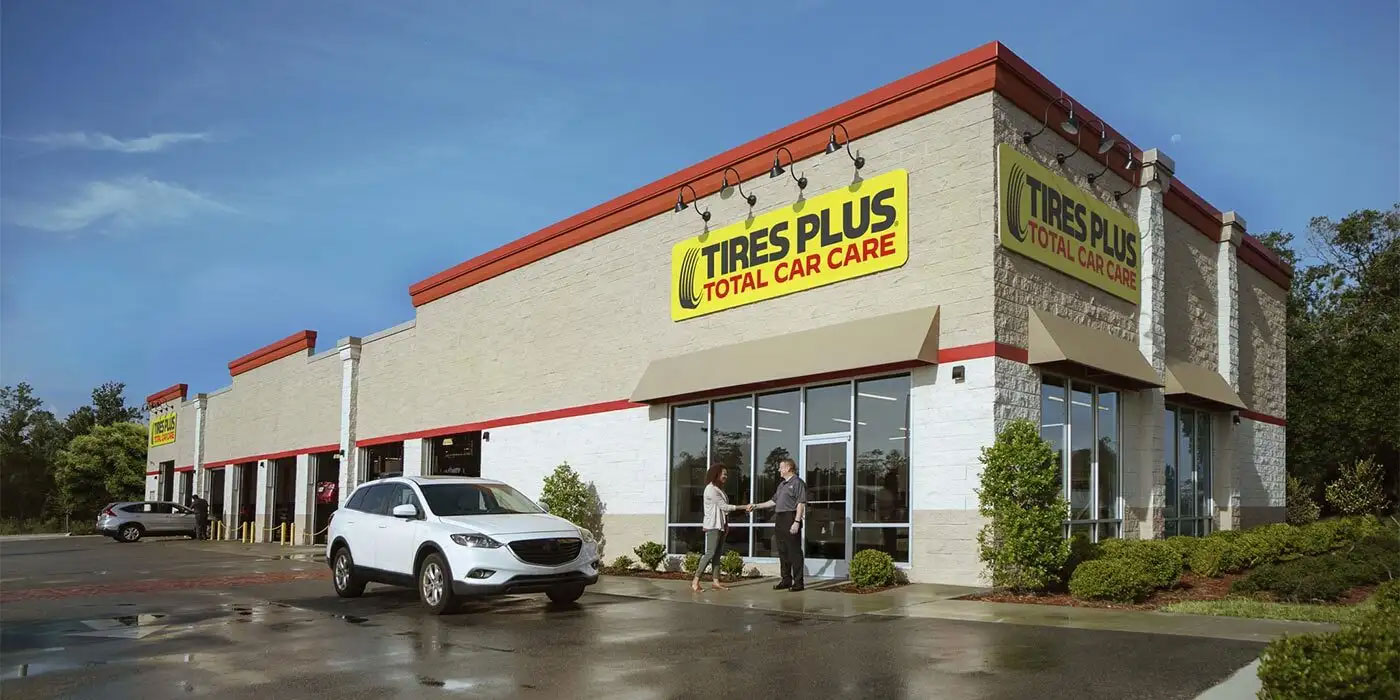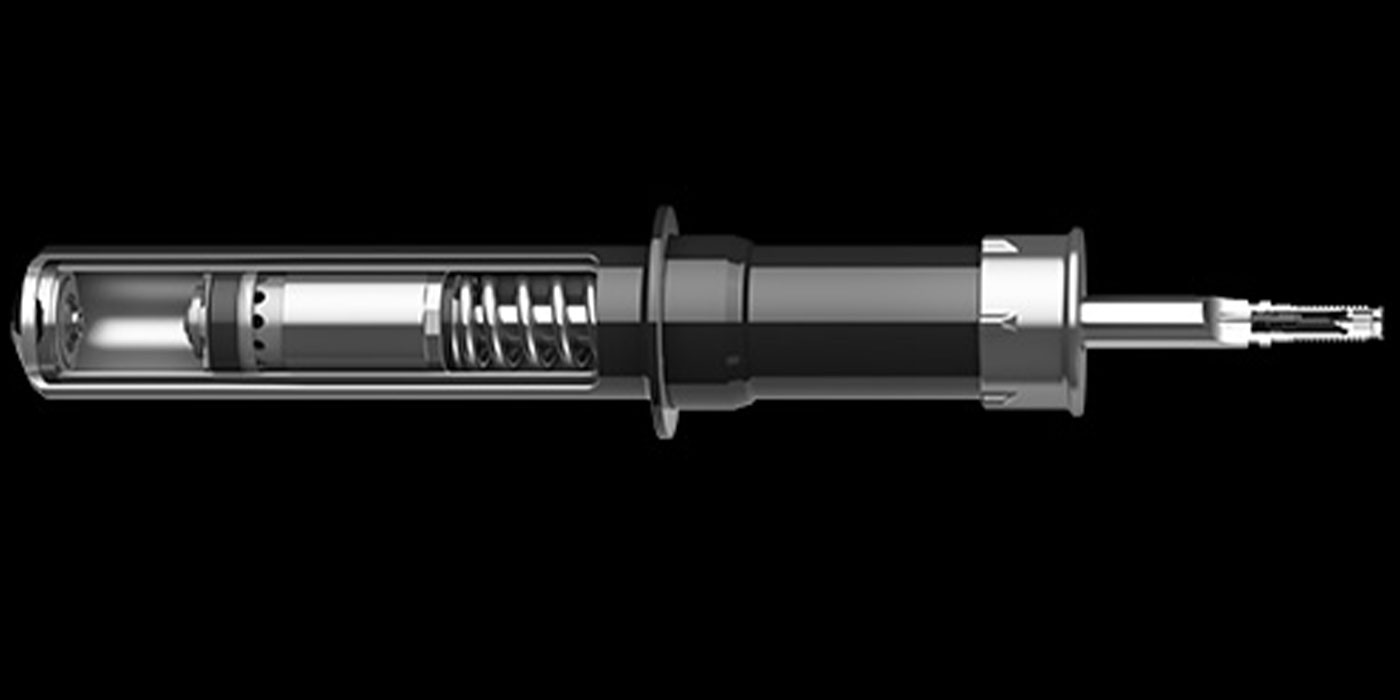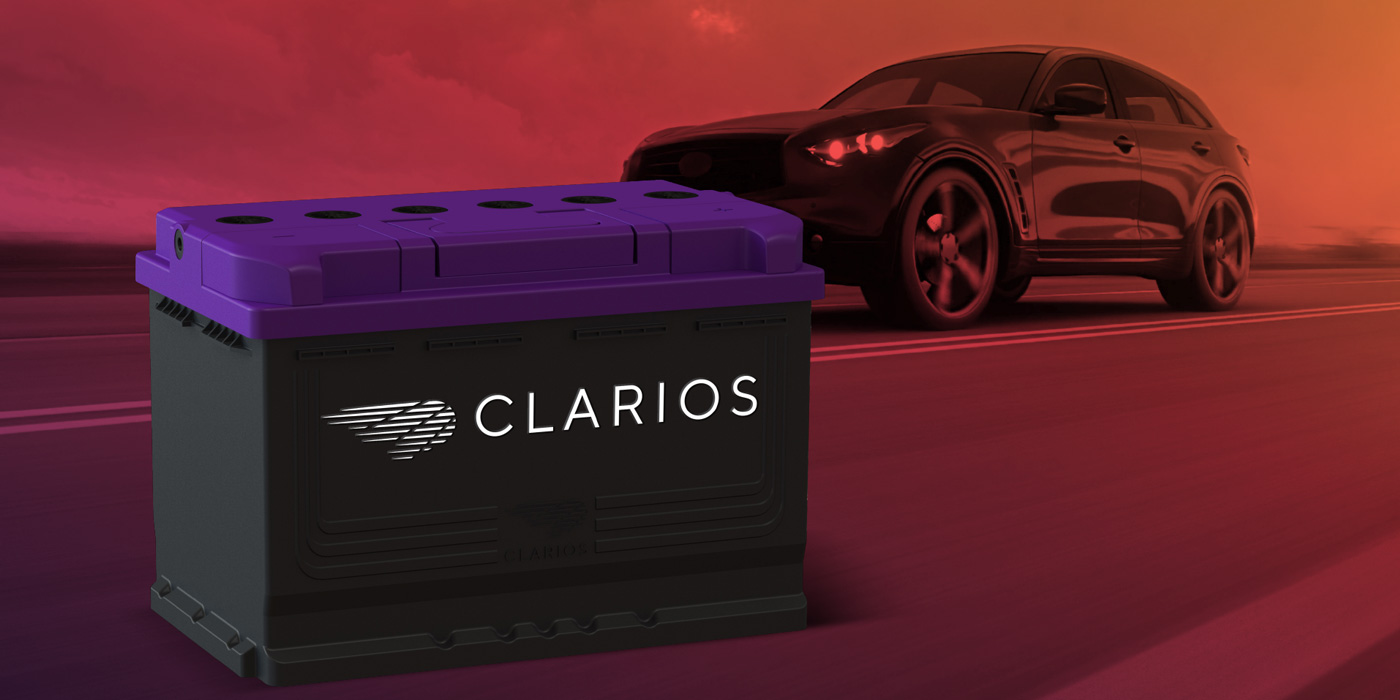By Andrew Markel, Editor, Brake & Front End
In a survey of Brake & Front End magazine readers, 51 percent said a third-party certification, like BEEP or D3EA, would make them more confident in purchasing one friction line over another. In an effort to make third-party certification more accessible to brake friction manufacturers, MEMA’s Brake Manufacturer’s Council (BMC) has announced that the Performance Review Institute (PRI) will administer and oversee the third-party certification of the Brake Effectiveness Evaluation Procedure (BEEP) process. 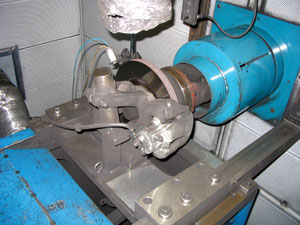
“This enhances the BEEP certification program as a truly third-party certification program," said Pat Healey, executive director of the BMC.
PRI was created by the Society of Automotive Engineers (SAE) as a not-for-profit organization to develop performance standards and to handle the administration of quality assurance, accreditation and certification of automotive and aerospace programs. PRI does not perform the actual testing of the friction materials, the group will oversee in the operation of the program.
The testing of the materials will still be performed at laboratories like those run by the Link Engineering Co. But, according to BMC officials other facilities can perform the testing if certified.
The BEEP testing procedure quantifies a friction product’s performance relative to the Federal Motor Vehicle Safety Standards (FMVSS) 105 & 135 on a specific vehicle. Since it is cost prohibitive for aftermarket manufacturers to test on vehicles, BEEP testing is performed in a laboratory on a machine called a brake dynamometer. The machine measures the performance characteristics of a friction material and compares it to specific parameters taken from a specific production vehicle. The test follows the SAE J2430 standard defining the procedures.
In order to be BEEP certified, a manufacturer’s production facilities must be QS9000, ISO9001 or ISO/TS 16949 certified. This is can be a barrier for some friction material manufacturers, even if their materials and applications can pass the tests.
Currently, North American aftermarket friction materials are not regulated in terms of quality, performance or the materials used in the manufacturing process. The only Department of Transportation (DOT) regulation requires friction materials to have an “Edge Code” printed on the brake pad or shoe that denotes the manufacturer, lot number and the level of friction in hot and cold conditions.
For installers and consumers, third-party certification means that a BEEP certified products will consistently deliver the same or better braking performance as the original friction material.
BEEP and other third-party tests like Greening Testing Laboratories D3EA are voluntary tests not mandated by any governmental body. While these certifications can be mired in politics, marketing and licensing they are the best tools the aftermarket has to make sure the driving public is safe.
ABOUT THE AUTHOR
 Andrew Markel is a former technician and service writer and he brings this practical knowledge to the Brake & Front End team as editor.
Andrew Markel is a former technician and service writer and he brings this practical knowledge to the Brake & Front End team as editor.

